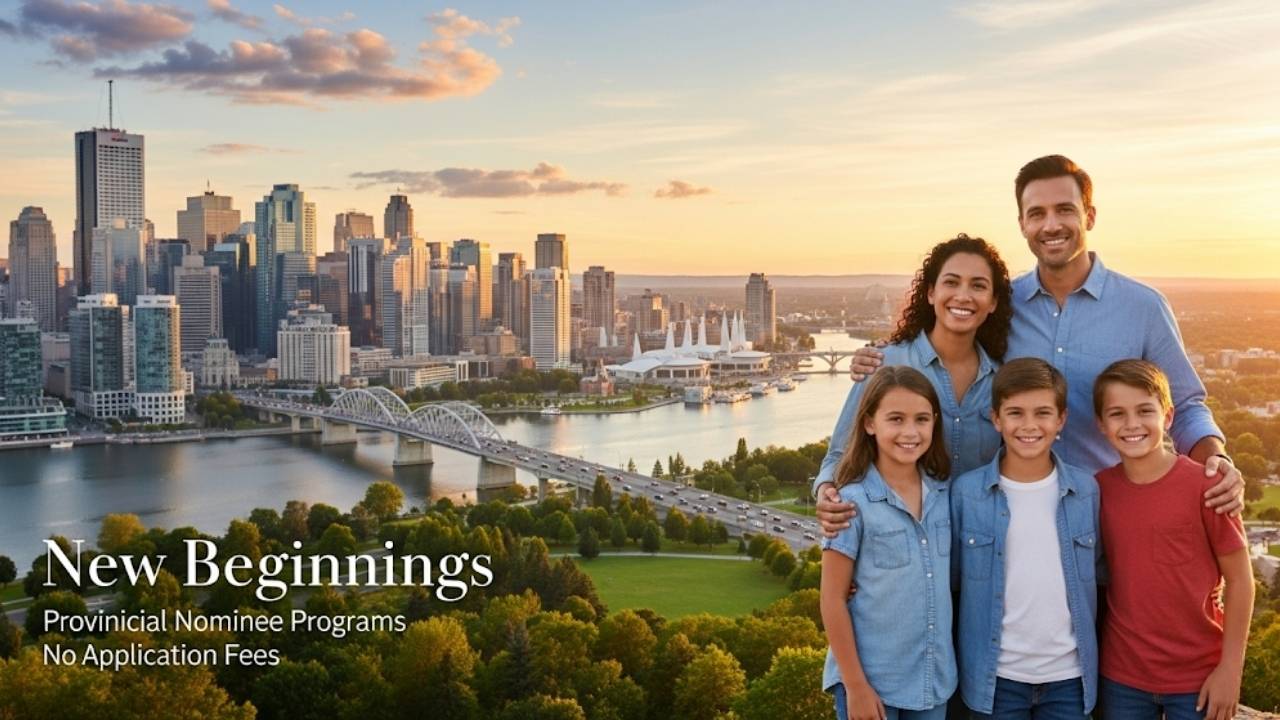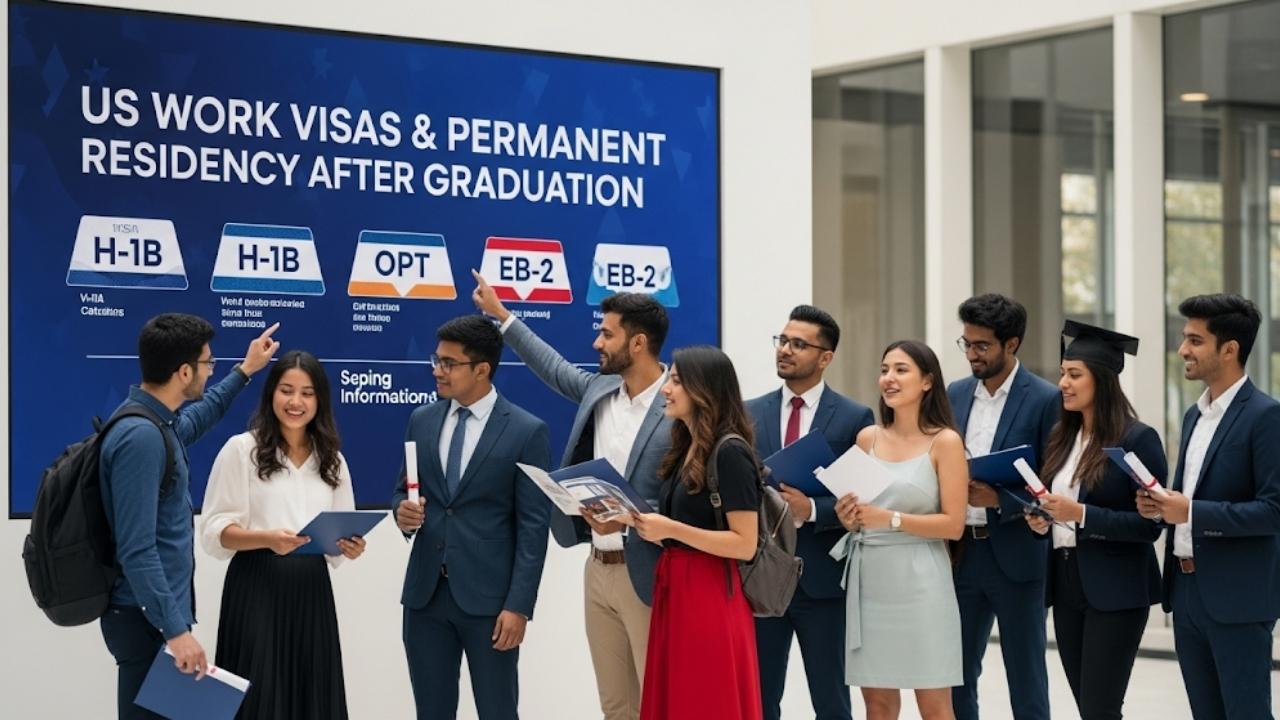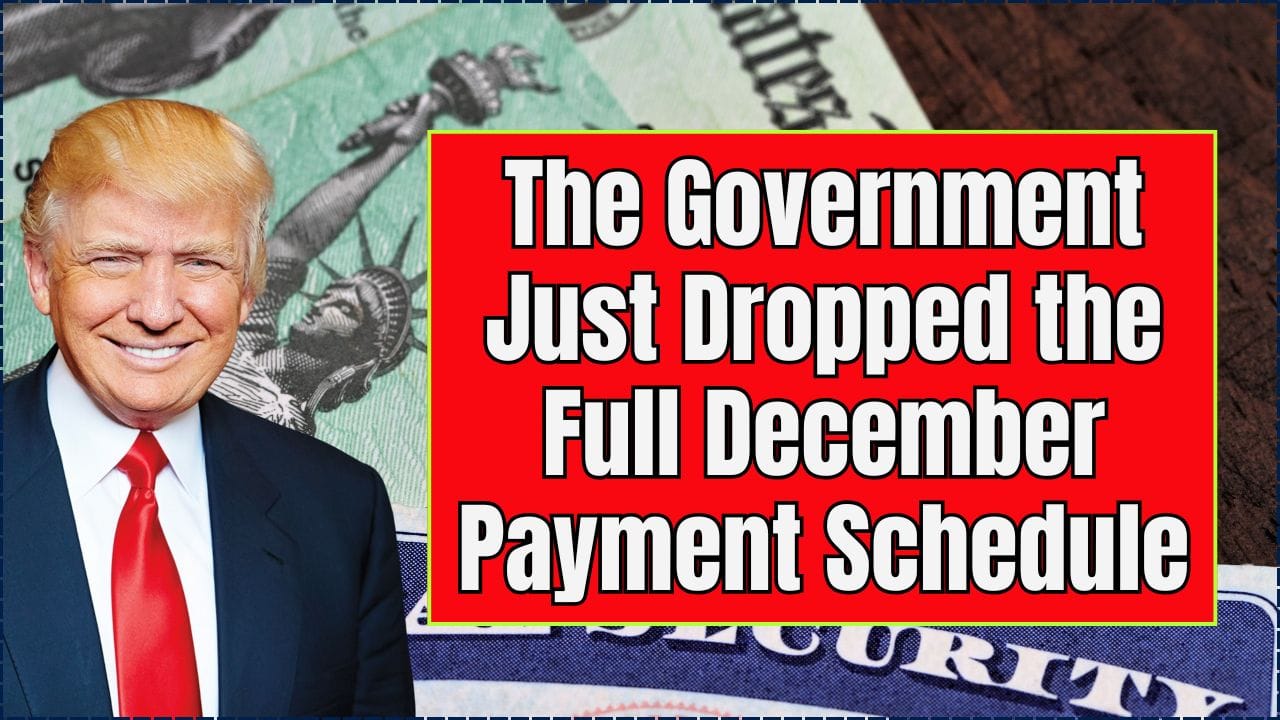For many, the dream of reuniting with loved ones is at the very heart of their immigration journey. Canada, renowned for its commitment to family reunification, offers various pathways to sponsor your family members, spouse, child, or partner to Canada in 2025. It’s a process that brings immense joy, but also requires careful navigation. As someone who has seen countless families successfully build new lives together in Canada, I can tell you that with the right information and a methodical approach, you can turn this aspiration into a reality.

This guide is designed to empower you with comprehensive, actionable, and encouraging information, helping you understand and successfully navigate the family sponsorship process. Whether you’re looking to bring your beloved spouse, your cherished children, or a long-term partner, Canada’s immigration programs offer a beacon of hope for a shared future.
Understanding Canada’s Family Sponsorship Programs
Canada’s immigration system prioritizes family reunification through its Family Class sponsorship programs. These programs allow Canadian citizens and permanent residents to sponsor eligible family members for permanent residency. The primary categories for sponsorship include:
- Spousal, Common-Law Partner, and Conjugal Partner Sponsorship: This is for your husband, wife, common-law partner (someone you’ve lived with in a conjugal relationship for at least 12 continuous months), or conjugal partner (someone you’ve been in a committed relationship with for at least one year but cannot live together due to circumstances beyond your control).
- Dependent Child Sponsorship: This pathway is for your biological or adopted children who meet Canada’s definition of a dependent child.
- Parents and Grandparents Program (PGP): This program allows Canadian citizens and permanent residents to sponsor their parents and grandparents. It’s important to note that the PGP operates under specific intake periods, often with a lottery system due to high demand.
Sponsor Your Family Members, Spouse, Child, or Partner to Canada in 2025
| Key Fact | Detail/Statistic |
| PGP 2025 Intake | Invitations for the Parents and Grandparents Program (PGP) for 2025 will begin issuing from July 28, 2025, to those who submitted an “Interest to Sponsor” form in 2020. The aim is to accept 10,000 complete applications for the 2025 cycle. Economic Times – Canada to begin issuing invitations for Parents and Grandparents Program from July 28 |
| Spousal Processing | Processing times for spousal sponsorship vary by stream, with outland applications typically taking 8-12 months and inland applications 12-18 months. |
| Dependent Child Age | Children are considered dependents if they are under 22 years of age and do not have a spouse or common-law partner. Those 22 and older may qualify if financially dependent due to a mental or physical condition since before age 22. Canadavisa.com – Canadian Dependent Child Sponsorship Program |
Eligibility Requirements for Sponsors
To sponsor your family members, spouse, child, or partner to Canada in 2025, you, as the sponsor, must meet specific criteria set by Immigration, Refugees and Citizenship Canada (IRCC):
- Age and Status: You must be at least 18 years old and a Canadian citizen, a permanent resident living in Canada, or a person registered under the Canadian Indian Act.
- Residency: If you are a Canadian citizen living abroad, you can sponsor your spouse, common-law partner, conjugal partner, or dependent child, but you must demonstrate an intention to return to Canada to live there once your sponsored family member becomes a permanent resident. Permanent residents must reside in Canada to sponsor.
- Financial Capability: You must be able to provide for the basic needs of the person you are sponsoring and any accompanying family members. This generally means meeting specific income requirements for certain programs like the PGP. For spousal and dependent child sponsorship, there is typically no income threshold unless the dependent child has children of their own. You must sign an undertaking, a legal promise to support your sponsored family member financially for a specific period.
- No Inadmissibility: You must not be in prison, bankrupt, subject to a removal order (if a permanent resident), or charged with a serious criminal offense, particularly those against relatives. You also cannot be in default of a previous sponsorship undertaking.

Eligibility Requirements for the Sponsored Person
The individual being sponsored must also meet certain criteria:
- Genuine Relationship: For spousal/partner sponsorship, the relationship must be genuine and not entered into primarily for immigration purposes.
- Admissibility: The sponsored person and any accompanying family members must be admissible to Canada, meaning they must pass medical, security, and background checks. This includes having a clean criminal record.
- Age: For dependent children, they must meet the age requirements as defined by IRCC (generally under 22 and not married or in a common-law relationship, with exceptions for those with a mental or physical condition).
The Application Process: Sponsor Your Family Members, Spouse, Child, or Partner to Canada in 2025
The general process to sponsor your family members, spouse, child, or partner to Canada in 2025 involves several key steps:
- Check Eligibility: Before anything else, ensure both the sponsor and the sponsored person meet all the eligibility criteria. IRCC’s official website is the definitive source for the most up-to-date requirements.
- Gather Documents: This is arguably the most critical step. You’ll need to compile a comprehensive package of documents, including:
- Proof of your Canadian citizenship or permanent residency.
- Proof of your relationship with the sponsored person (e.g., marriage certificate, birth certificate, proof of cohabitation, communication records, photos).
- Financial documents (especially for PGP or if dependent children have their own children).
- Identity documents for both the sponsor and sponsored person.
- Police clearance certificates from any country the sponsored person has lived in for six months or more since the age of 18.
- Medical examination results from an IRCC-approved physician.
- Completed application forms from the IRCC website.
- Pay Fees: There are various fees associated with sponsorship applications, including processing fees, the Right of Permanent Residence Fee (RPRF), and biometrics fees. These must be paid online. As of 2025, fees for a single spousal sponsorship application total around CAD $1,245 (including sponsorship, processing, RPRF, and biometrics).
- Submit Application: Most family sponsorship applications are now submitted online through the IRCC Permanent Residence Portal. Ensure your application is complete and accurate to avoid delays.
- Biometrics and Medical Exam: The sponsored person will typically be required to provide biometrics (fingerprints and a digital photograph) and undergo a medical examination by an IRCC-approved panel physician.
- Wait for Decision: IRCC will process your application, conduct background checks, and eventually make a decision. Processing times can vary depending on the program, the completeness of your application, and the visa office workload.
Important Considerations for Spousal/Partner Sponsorship
- Inland vs. Outland Sponsorship:
- Inland Sponsorship: If your spouse/partner is already in Canada with temporary status (e.g., visitor, work, or study permit). A significant advantage is that they may be eligible for an Open Work Permit, allowing them to work while their permanent residence application is being processed.
- Outland Sponsorship: If your spouse/partner lives outside Canada. This stream typically has faster processing times and allows for an appeal if the application is refused. Canadian citizens living abroad can use this stream if they intend to return to Canada.
- Proof of Genuine Relationship: IRCC rigorously assesses the authenticity of spousal and partner relationships. Provide ample evidence, such as:
- Marriage certificate (if applicable).
- Joint bank accounts, utility bills, or lease agreements.
- Photos together, travel itineraries, and communication records (emails, text messages, call logs, social media interactions).
- Letters from friends and family attesting to the relationship.
The Parents and Grandparents Program (PGP) in 2025
As mentioned, the PGP is a highly sought-after program with limited spots. For 2025, IRCC will be sending invitations to potential sponsors who submitted an “Interest to Sponsor” form in 2020. This means if you did not submit an interest to sponsor form in 2020, you will likely not be eligible for the 2025 intake. Monitor the official IRCC website for any future announcements regarding new intake periods.
Processing Times and Avoiding Delays
Processing times can fluctuate based on the volume of applications and the complexity of individual cases. While IRCC aims for efficient processing, a common reason for delays is an incomplete application. I’ve seen many applications get returned simply because a signature was missing or a crucial document was not included. Always double-check the IRCC document checklist for your specific program.
- Completeness is Key: Ensure all forms are filled out accurately and completely, and all required supporting documents are provided.
- Prompt Responses: Respond quickly to any requests from IRCC for additional information or documents.
- Biometrics and Medical Exams: Schedule these as soon as you receive instructions.
Canada Visa Applications to Undergo Major Integrity Overhaul Starting August 2025 Onwards
Austria Working Holiday Visa Scheme 2025: What You Need to Know Before You Go
FAQ
Q1: What is the primary difference between inland and outland spousal sponsorship?
A: Inland spousal sponsorship is for spouses already residing in Canada on temporary status, often allowing them to apply for an Open Work Permit. Outland spousal sponsorship is for spouses living outside Canada and generally has faster processing times, also allowing for an appeal if the application is refused.
Q2: Do I need to meet a minimum income requirement to sponsor my spouse or child?
A: For most spousal and dependent child sponsorship applications, there is no specific minimum income requirement (Low Income Cut-Off or LICO) that the sponsor must meet, unless the dependent child has dependent children of their own. However, you must demonstrate that you can financially support your sponsored family member(s) and sign an undertaking. The Parents and Grandparents Program (PGP) does have an income requirement.
Q3: Can I travel while my family sponsorship application is being processed?
A: If you are sponsoring your spouse or partner through an outland application, they can generally travel in and out of Canada during processing. However, for inland applications, it is generally advised that the sponsored person remains in Canada, as leaving could risk their application being refused. Always consult official IRCC guidelines or an immigration professional before making travel plans.










